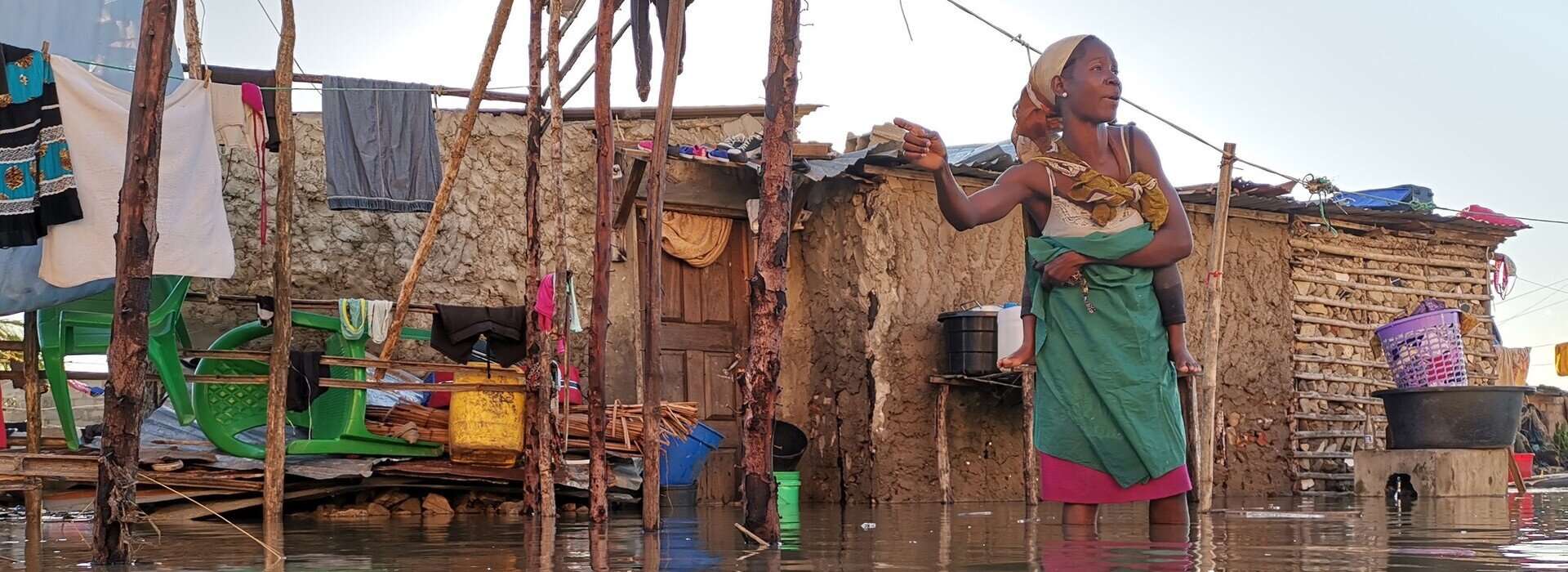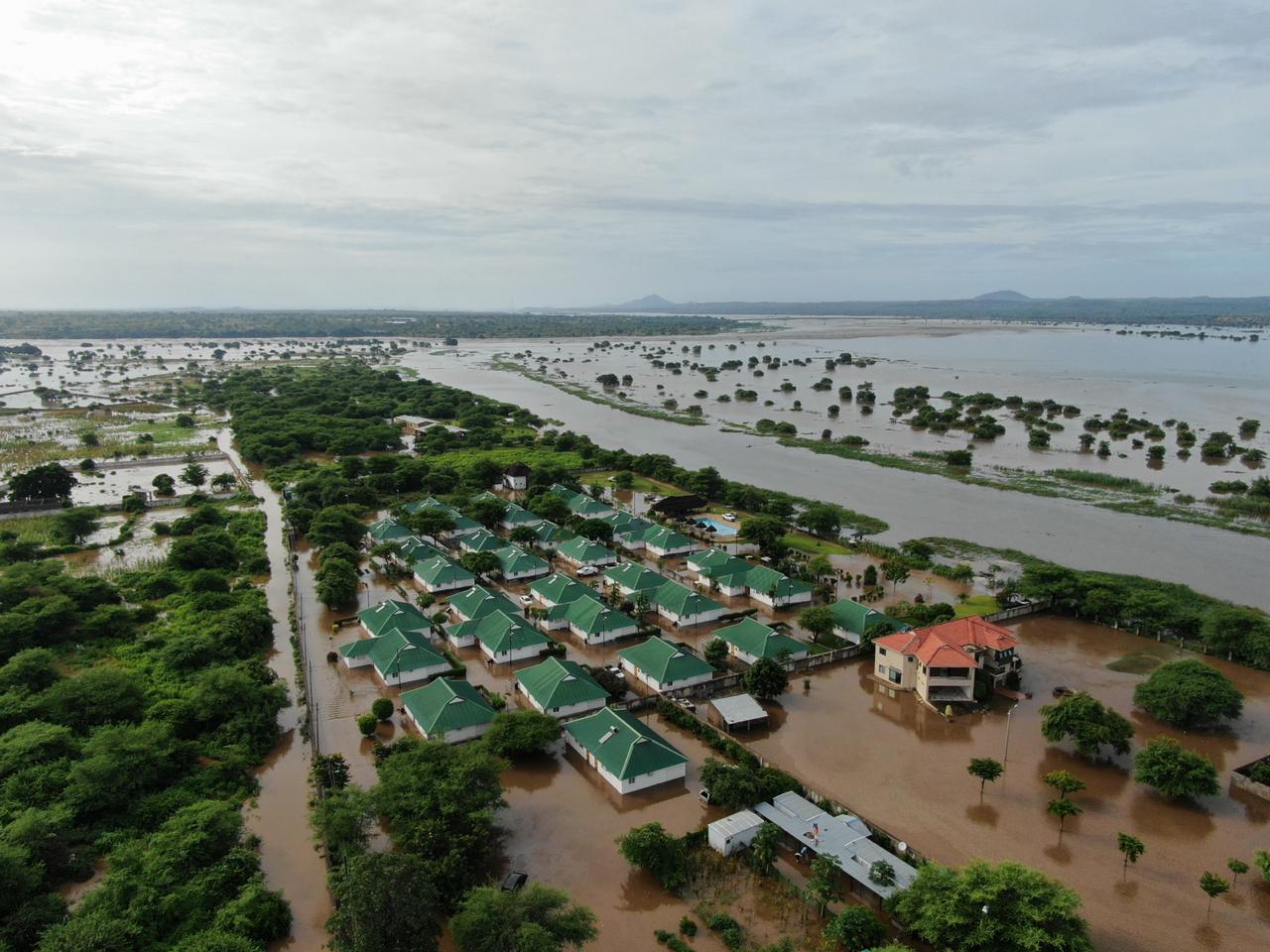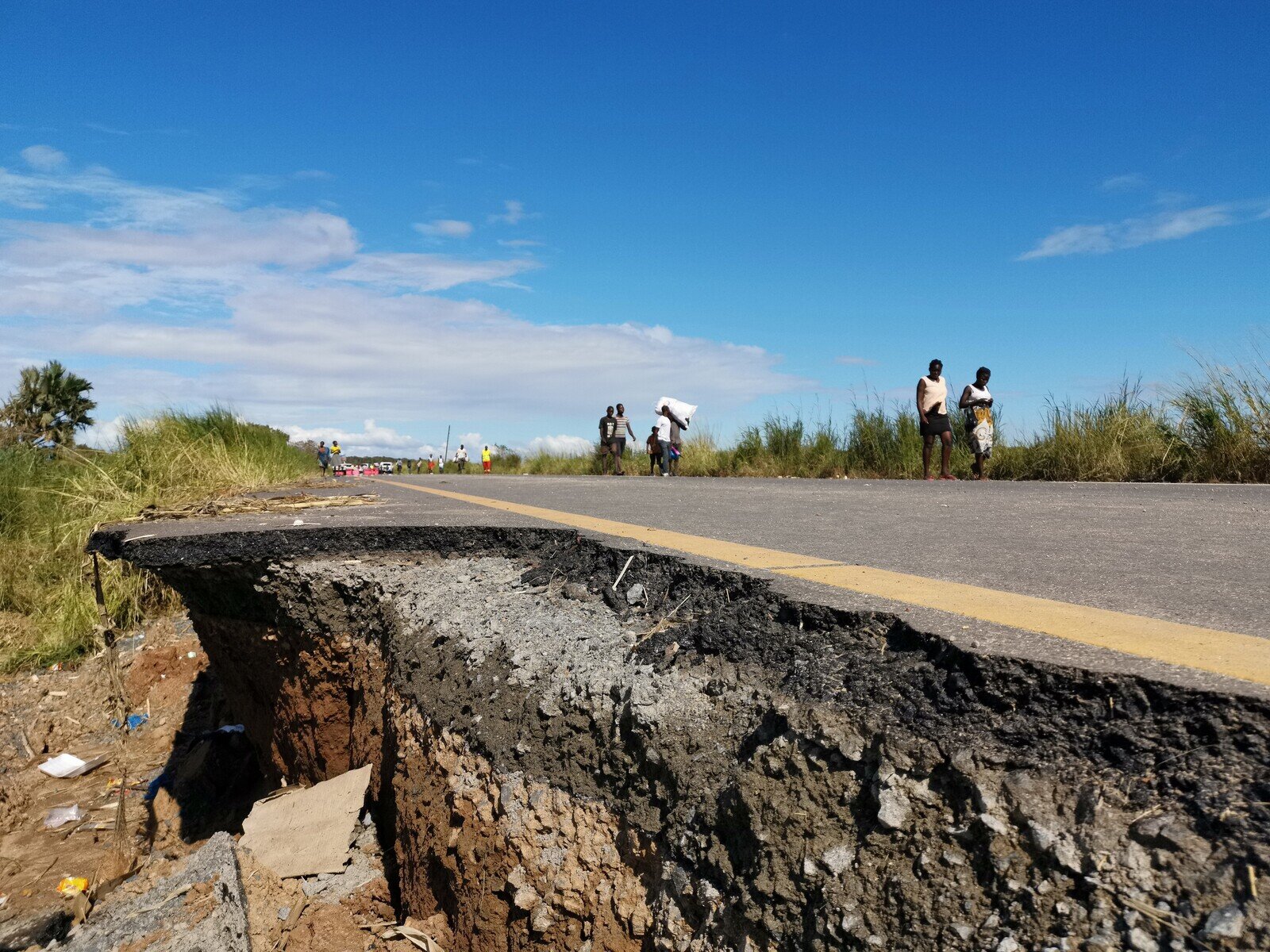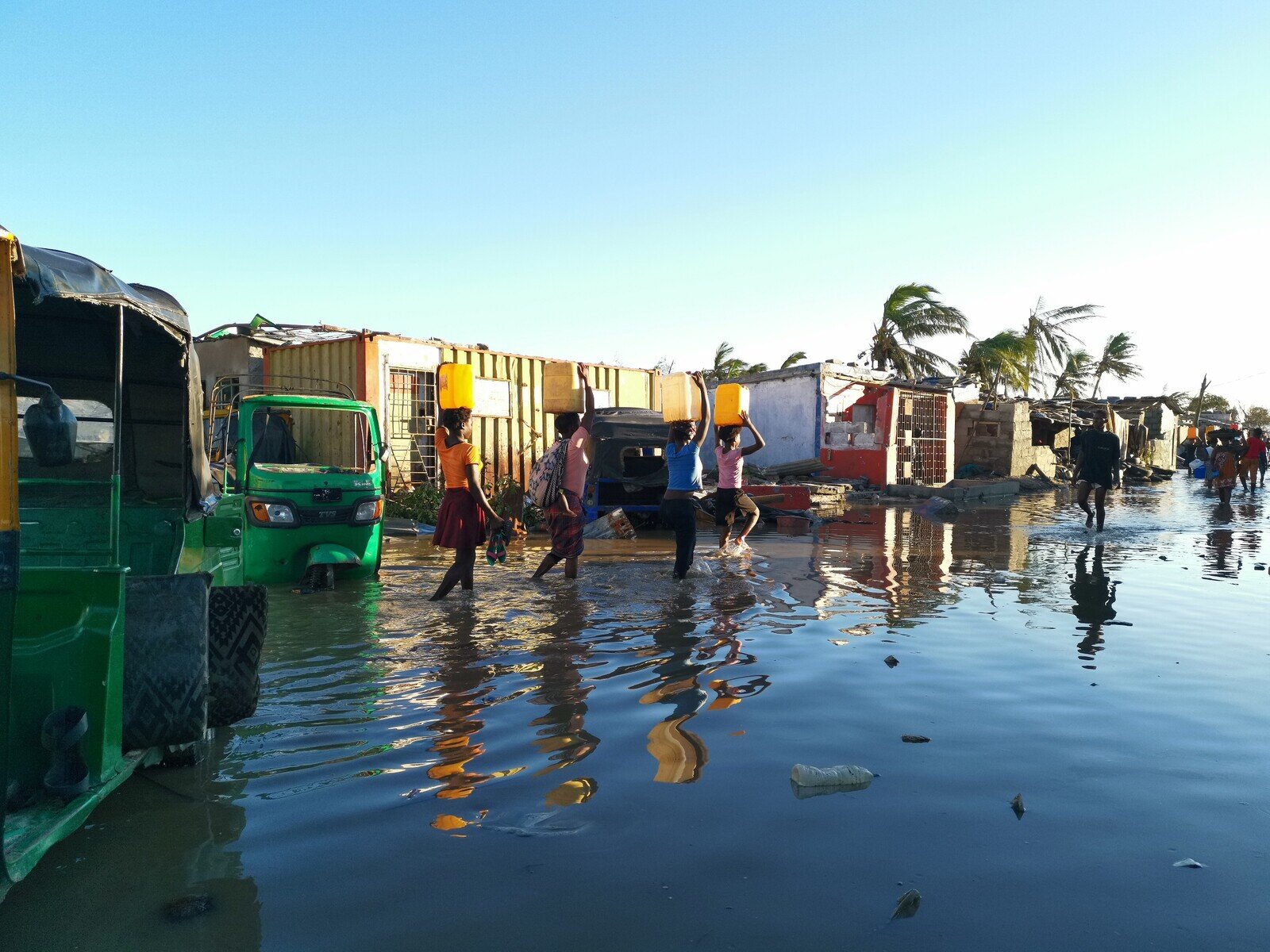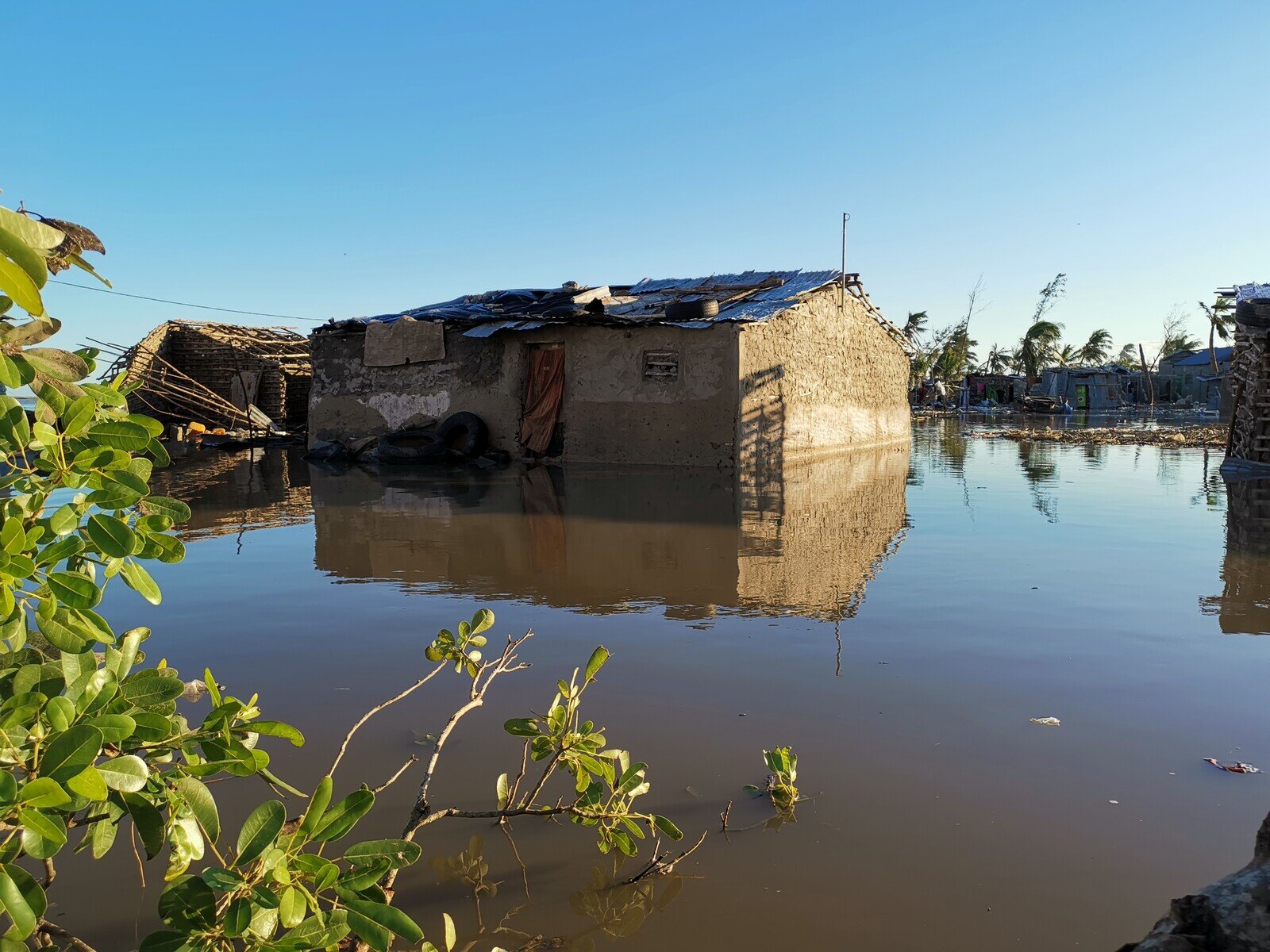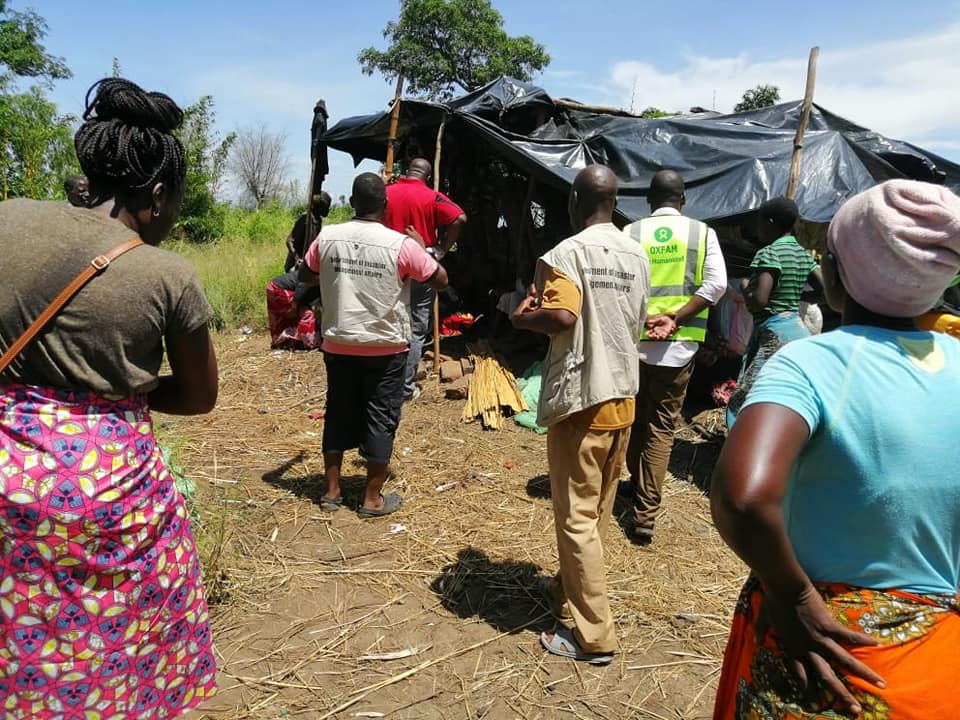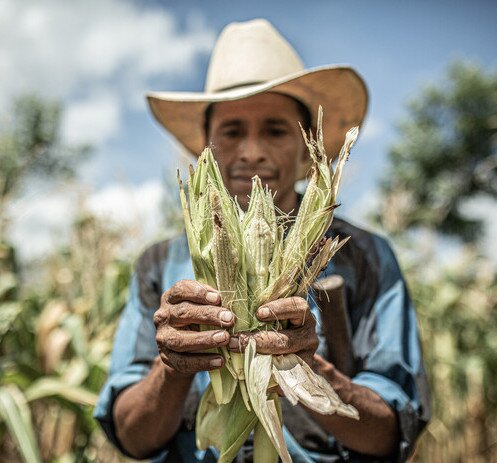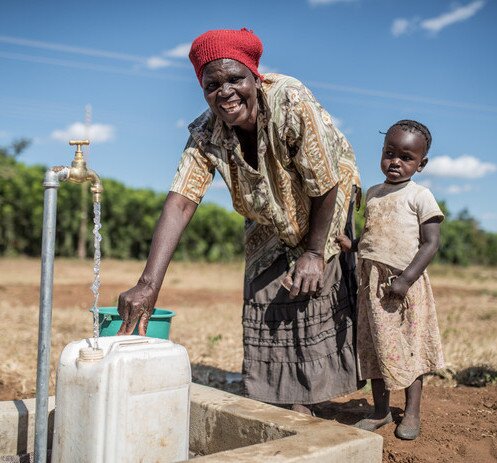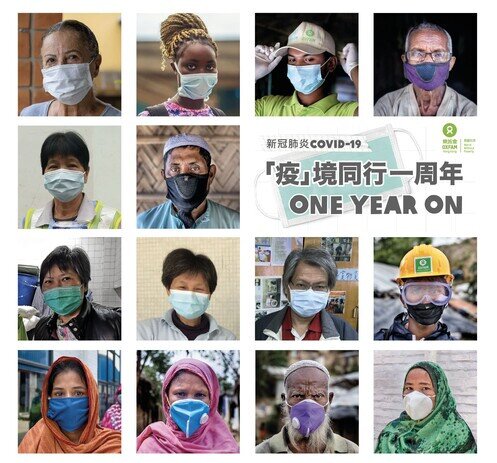While cyclones in developed cities merely disrupt public services and business temporarily, it is often only the beginning of a long road to recovery for those in developing countries. In mid-March 2019, Mozambique was devastated by Cyclone Idai, which claimed the lives of over 1,000, and damaged or decimated the homes of hundreds of thousands. Despite floodwaters receding and the spread of cholera slowing down, people still have a long way to go to rebuild their communities and livelihoods. (Photo: Sergio Zimba / Oxfam)
Updated on 16 March 2020
The Situation
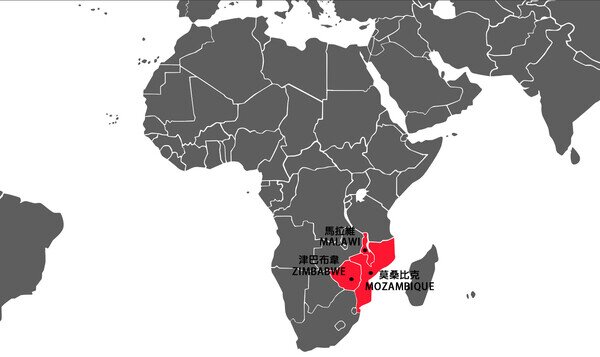
On 14-15 March 2019, Cyclone Idai slammed into Mozambique, Malawi and Zimbabwe, devastating the lives of about 3 million people across the three countries and claiming the lives of over 1,300. Barely six weeks on, Cyclone Kenneth – the strongest tropical cyclone to make landfall in Mozambique in modern history – tore through northern Mozambique, affecting hundreds of thousands of people and killing at least 40.
The cyclone wiped out entire villages, destroyed crops and damaged roads and isolated communities. Over 6,000 cases of cholera were reported; and countless people in these three impoverished southern African countries have been left destitute without food or basic services. The Presidents of Malawi, Mozambique and Zimbabwe have all declared this a national disaster.
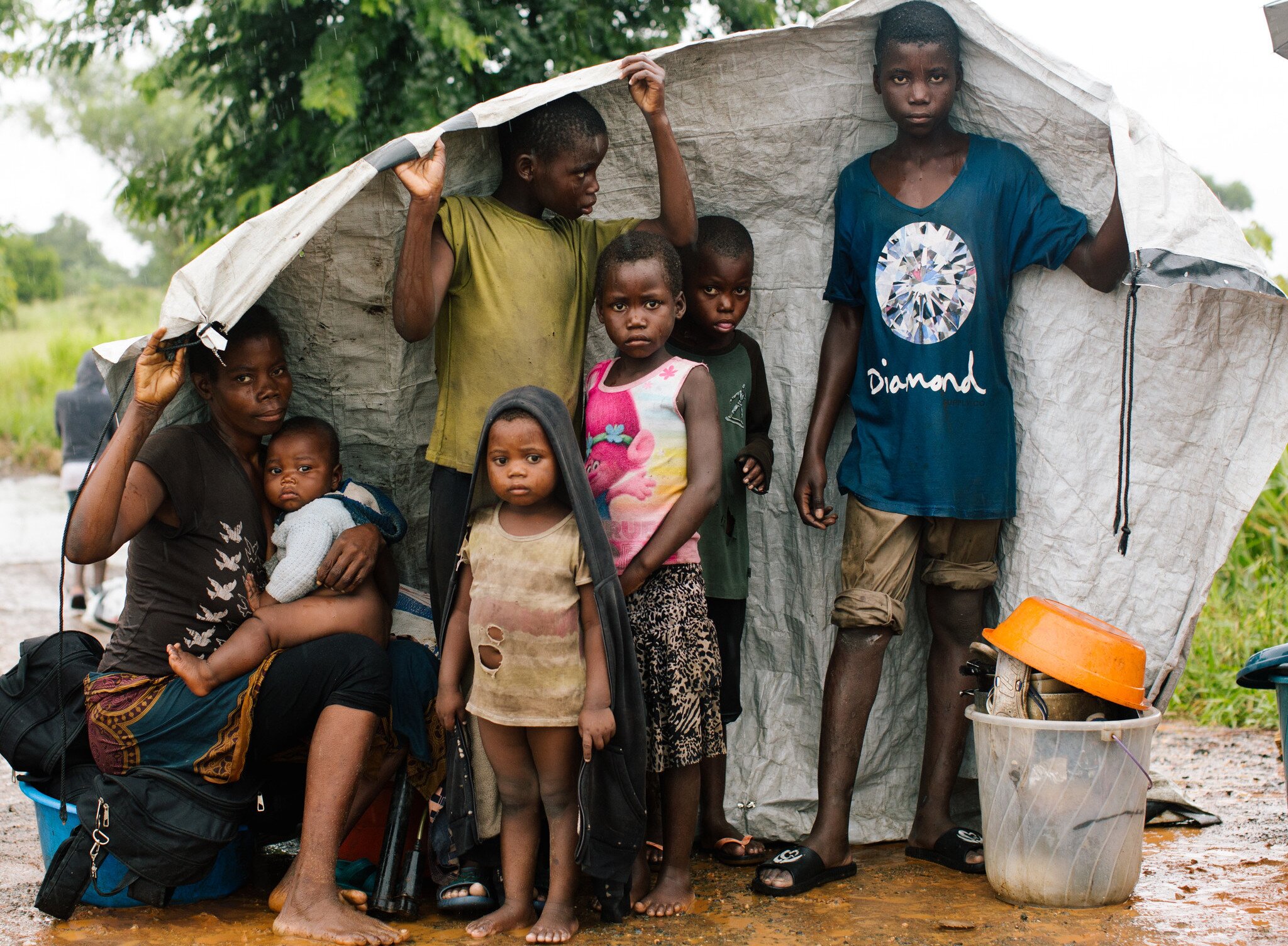
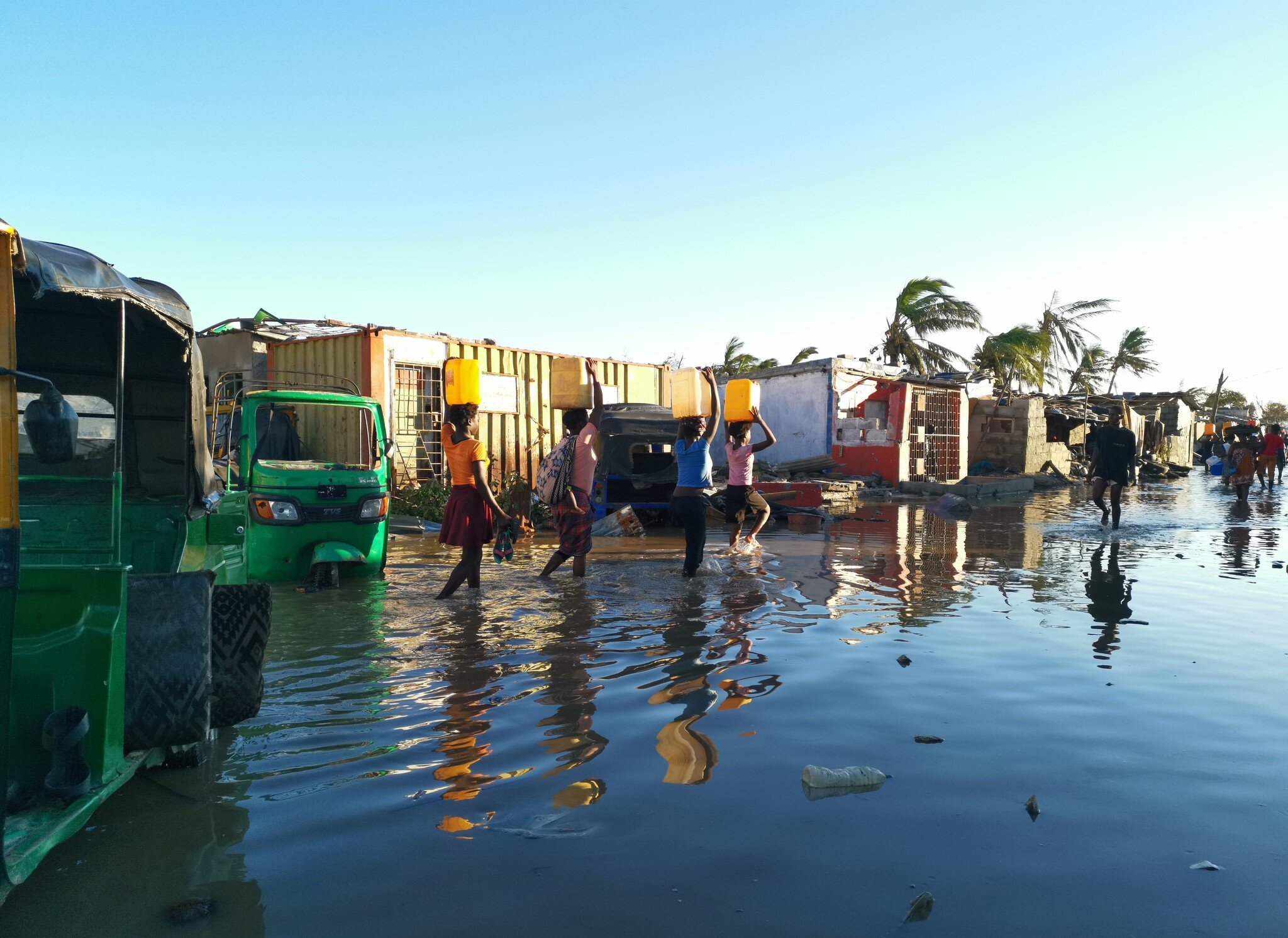
Oxfam's Immediate Response
After the cyclones struck, Oxfam’s humanitarian team travelled to the hardest-hit areas swiftly to save lives and assess the damage. Through our immediate response, we:
- Provided safe drinking water and emergency food
- Provided emergency shelter
- Installed latrines and water pumps and distributed hygiene items, including water purifying tablets, buckets, soap, etc.
- Trained volunteers to help communities understand the importance of the Cholera vaccine and how to prevent the spread of disease
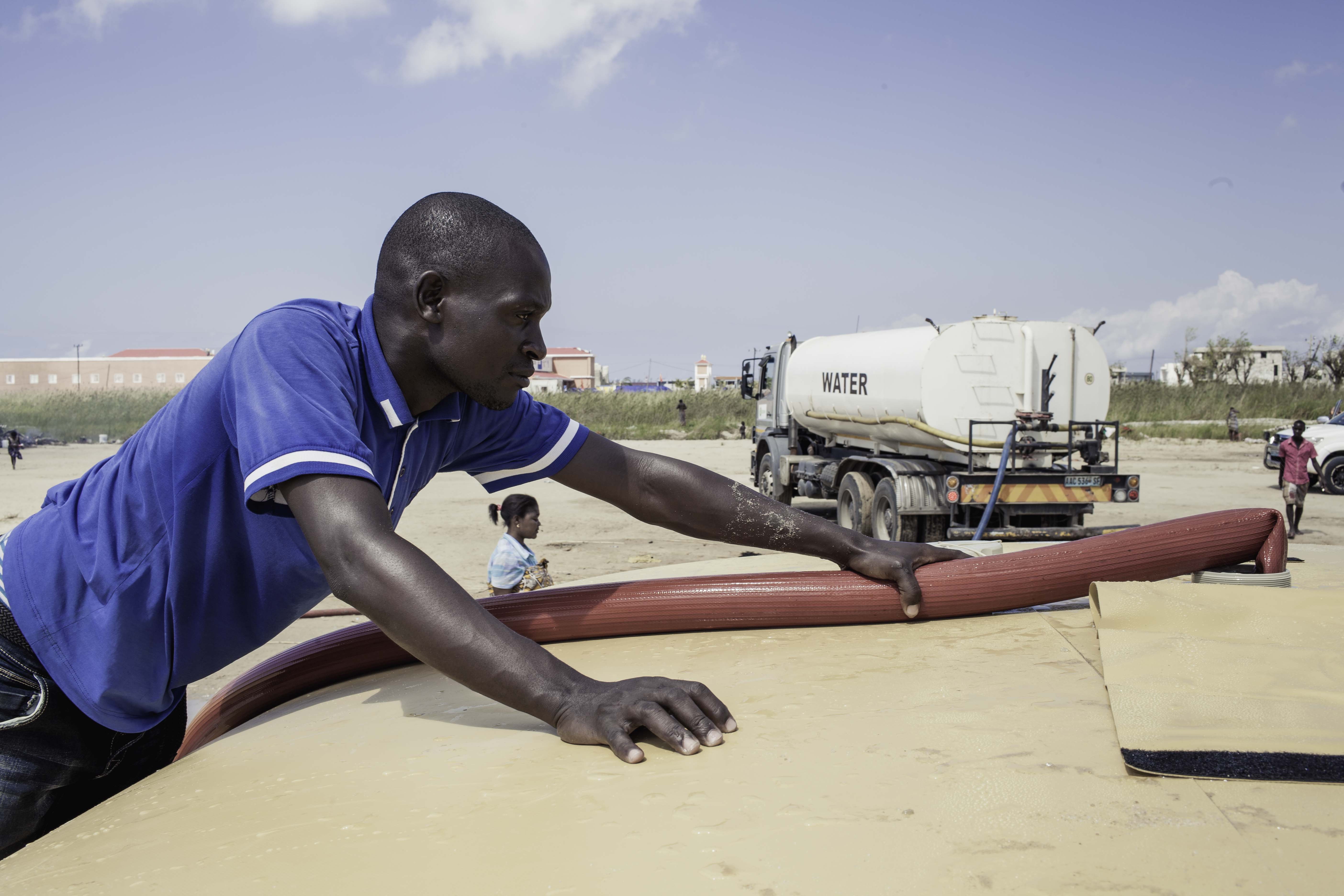
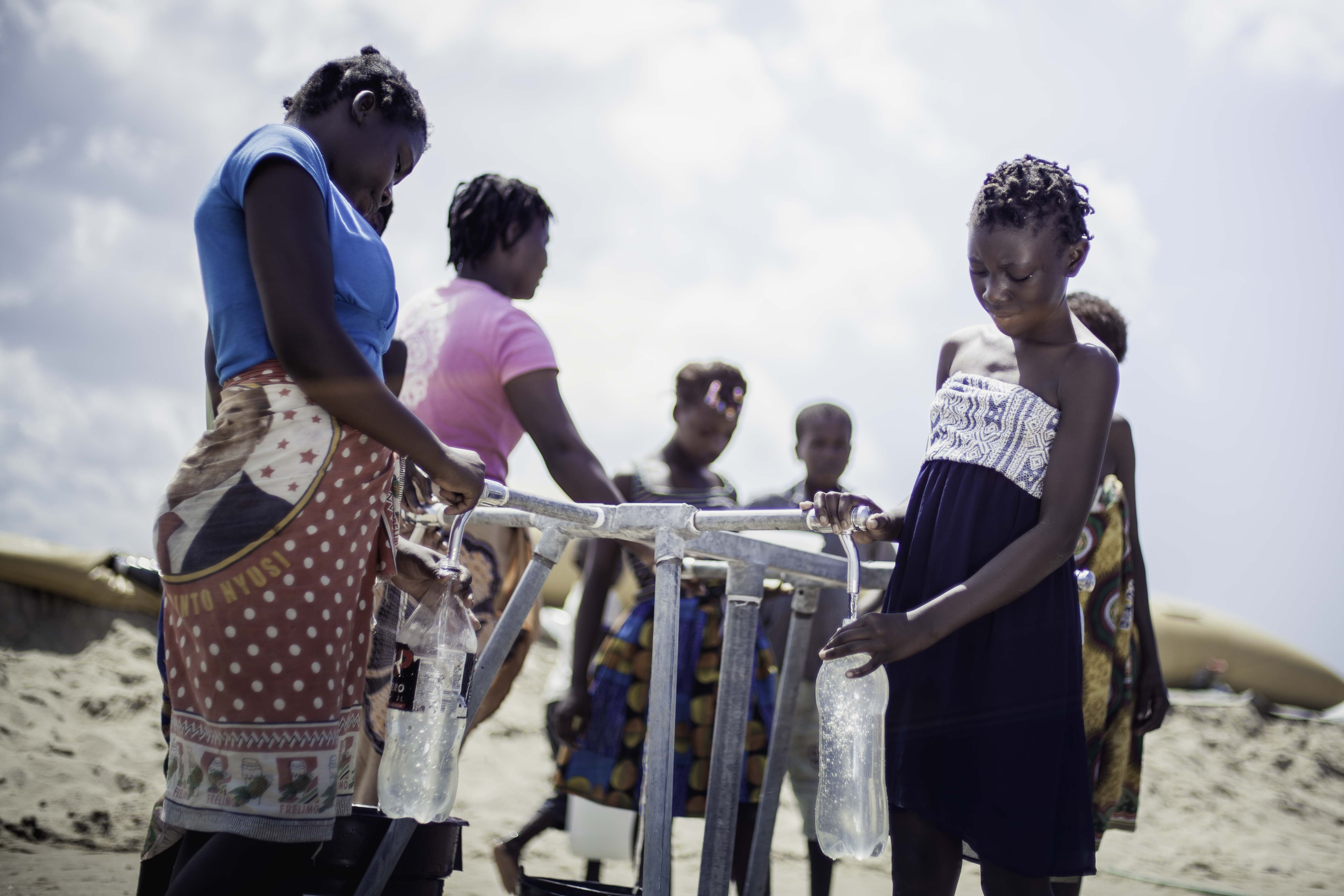
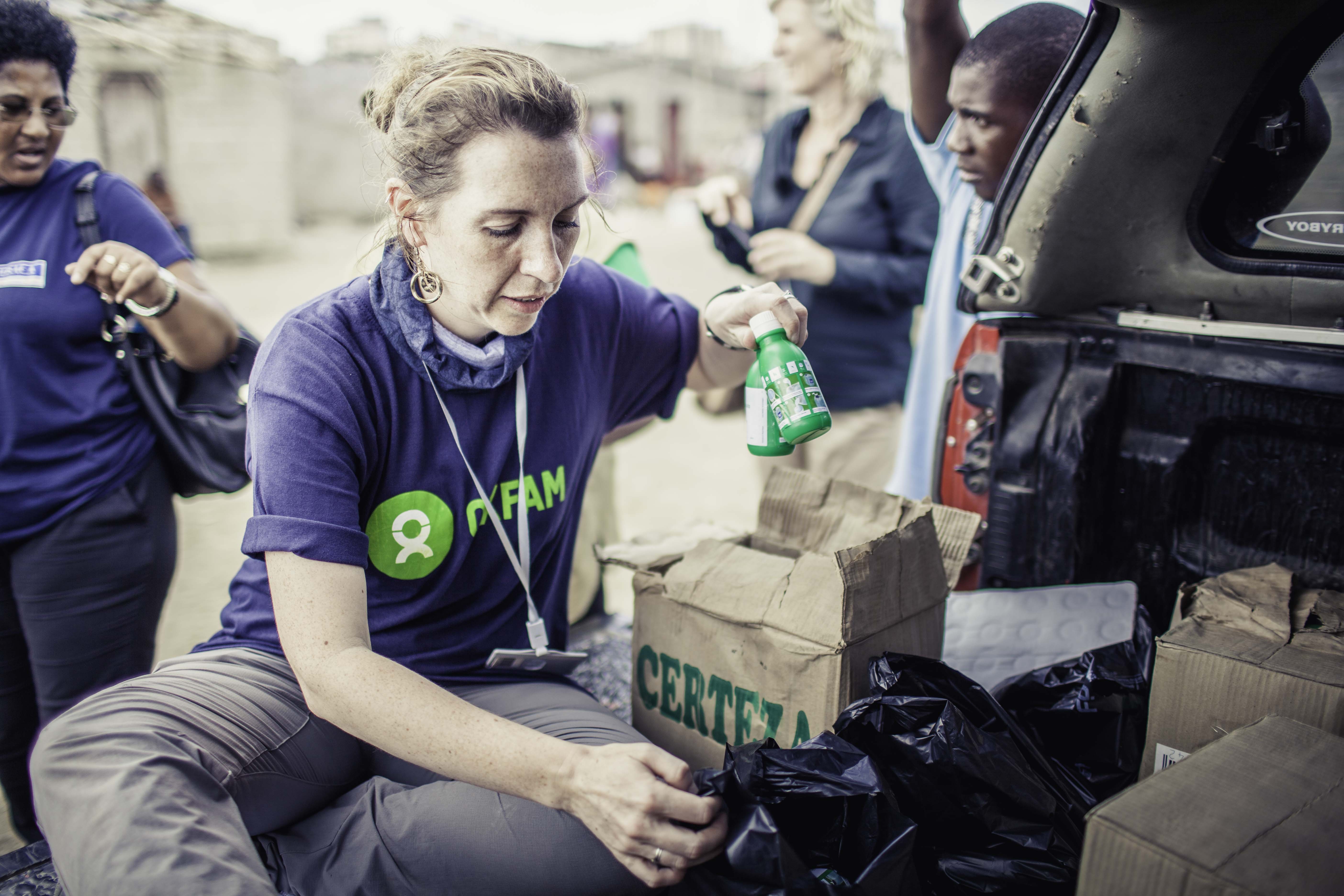
The HKSAR Government’s Disaster Relief Fund (DRF) made two grants to Oxfam Hong Kong (OHK) totalling HK$11,943,000 to support its emergency response to the cyclones in Malawi and Mozambique. The grants were mainly used to purchase household kit and hygiene kit for the flood-affected families. In addition, one temporary toilet construction kit and one toilet cleaning tool kit were distributed to every five families in the targeted communities. The DRF requires that its funding be used for this specific disaster, in accordance with the funding application submitted by OHK and approved by the DRF. After the completion of OHK’s relief work, an evaluation will be carried out, and an evaluation and financial report (including an external audit report) will be submitted to the DRF within March 2020.
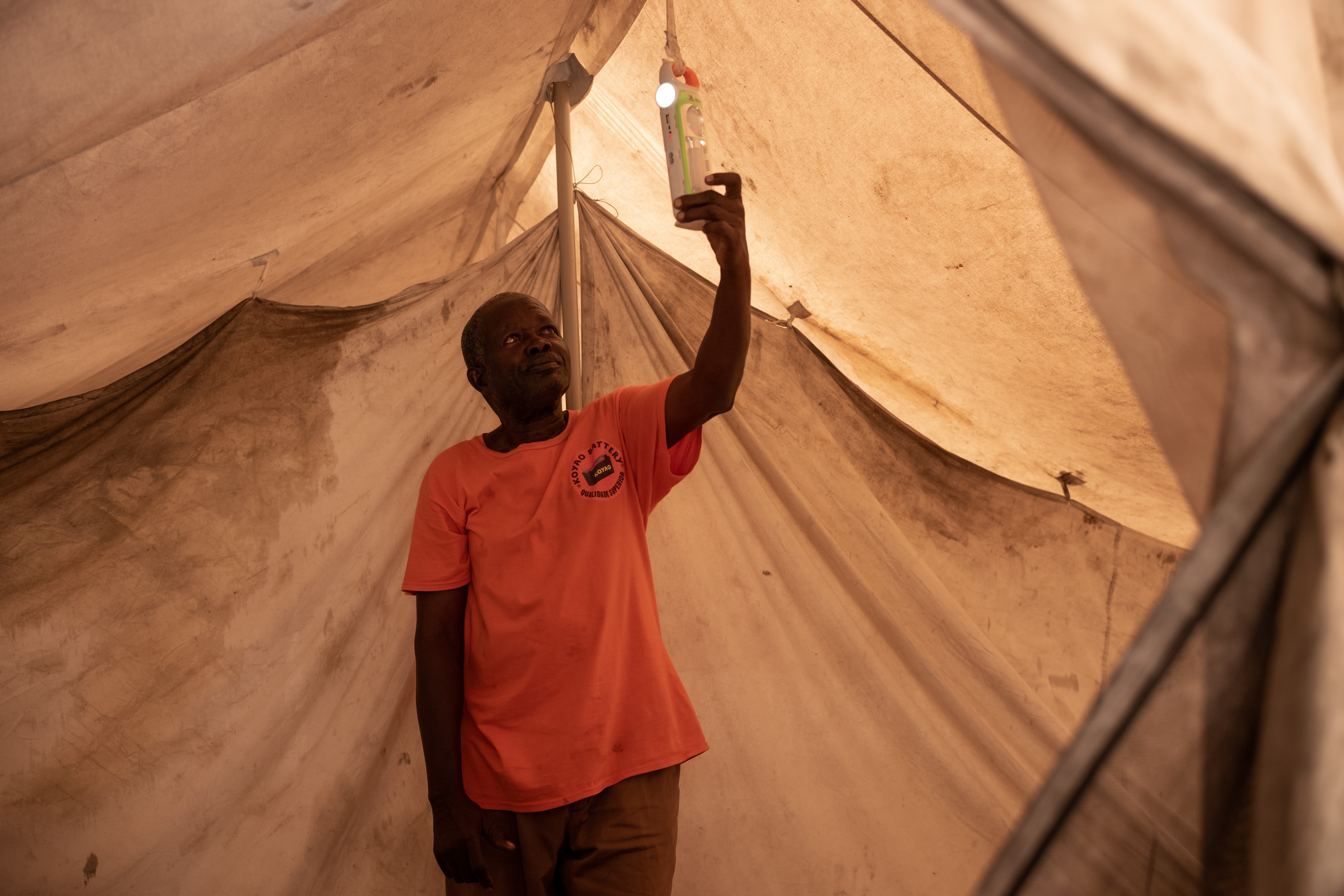
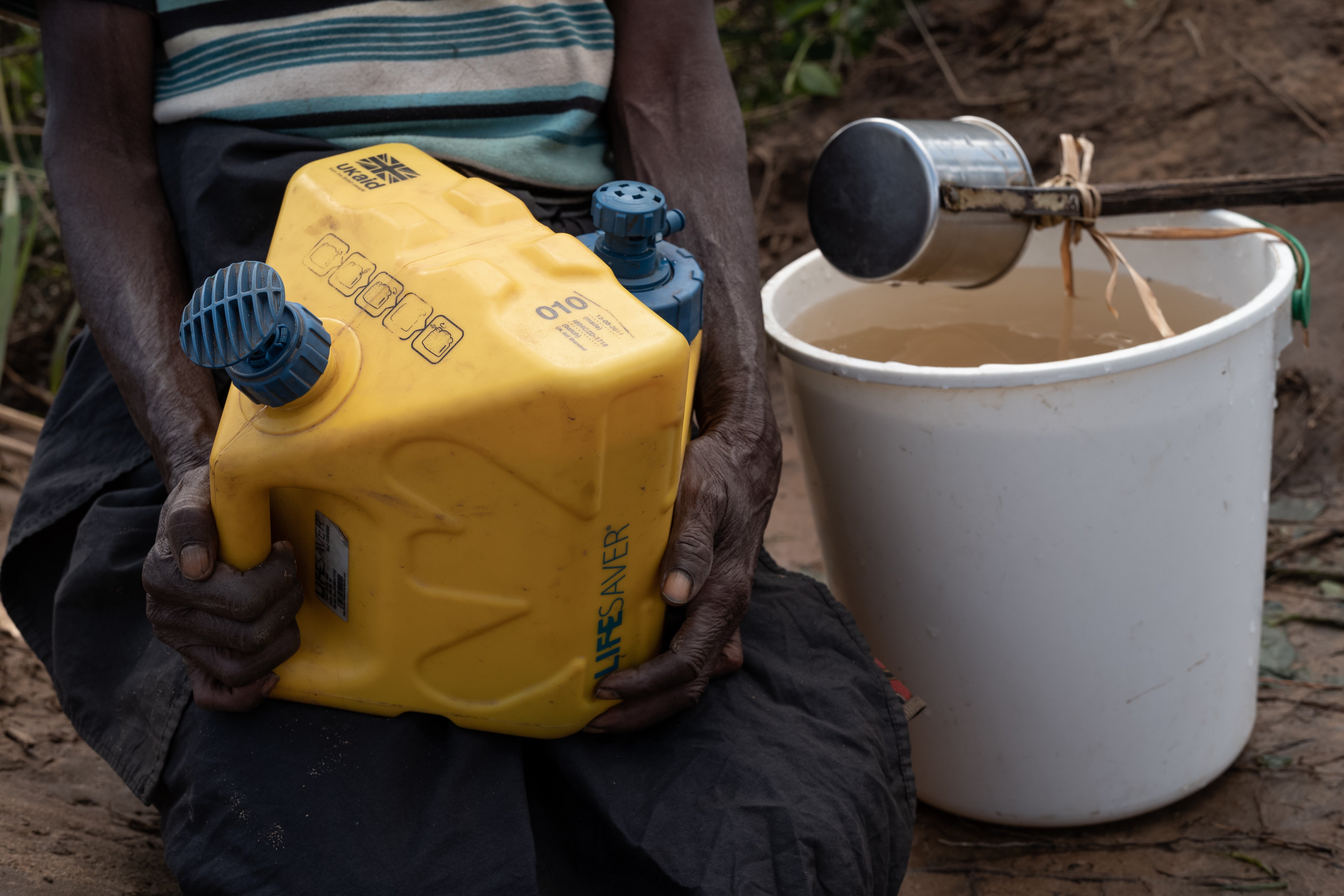
Thoughts from the Frontlines
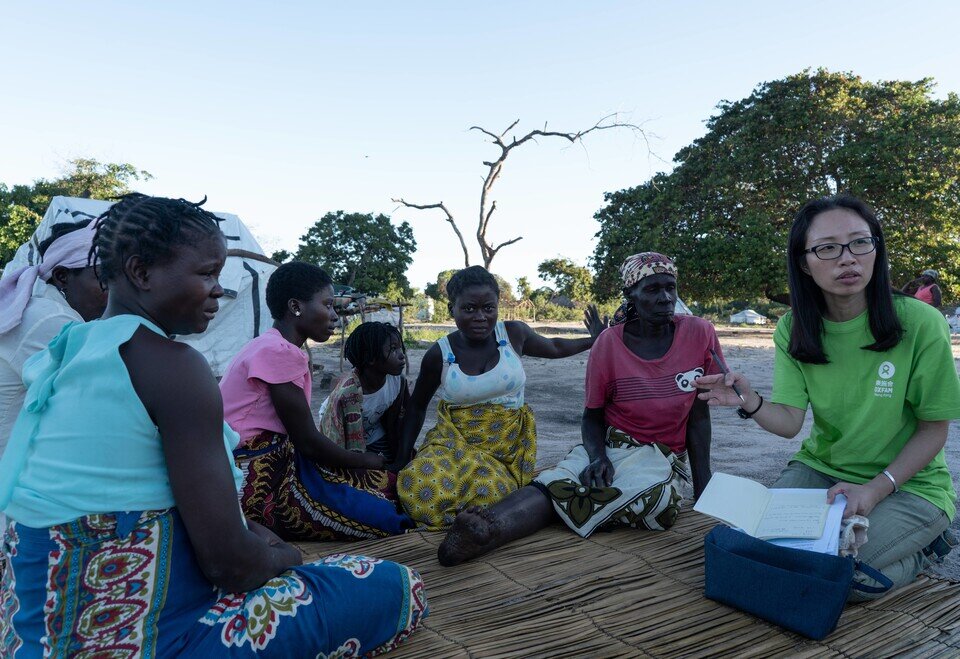
100 Days After: Life-saving journey in Mozambique
To ensure that the government funding and public donations were well spent, Kate Lee, our senior officer in Humanitarian and Disaster Risk Management, arrived in Mozambique in July 2019 to help out with rehabilitation.
Read more (Chi only)
1 year on
Over the last year, Oxfam provided assistance to over 78 million people across Mozambique, Malawi and Zimbabwe in the aftermath of the cyclones.
Saving lives is the first step in a humanitarian response, followed by rehabilitation and reconstruction. Apart from distributing life-saving relief, we are also working with survivors to recover their livelihoods, prevent waterborne diseases, and protect displaced people, with a key focus on women and children. We are supporting vulnerable households in the region in a variety of ways. For instance, we are:
- Supporting alternative cropping options for the winter months
- Rehabilitating broken boreholes and pipelines to ensure long-term access to clean water
- Rehabilitating communal toilets and bathrooms and conduct hygiene promotion activities to prevent waterborne diseases
- Training community volunteers to raise awareness of gender-based violence in evacuation centres and the communities
.jpg)
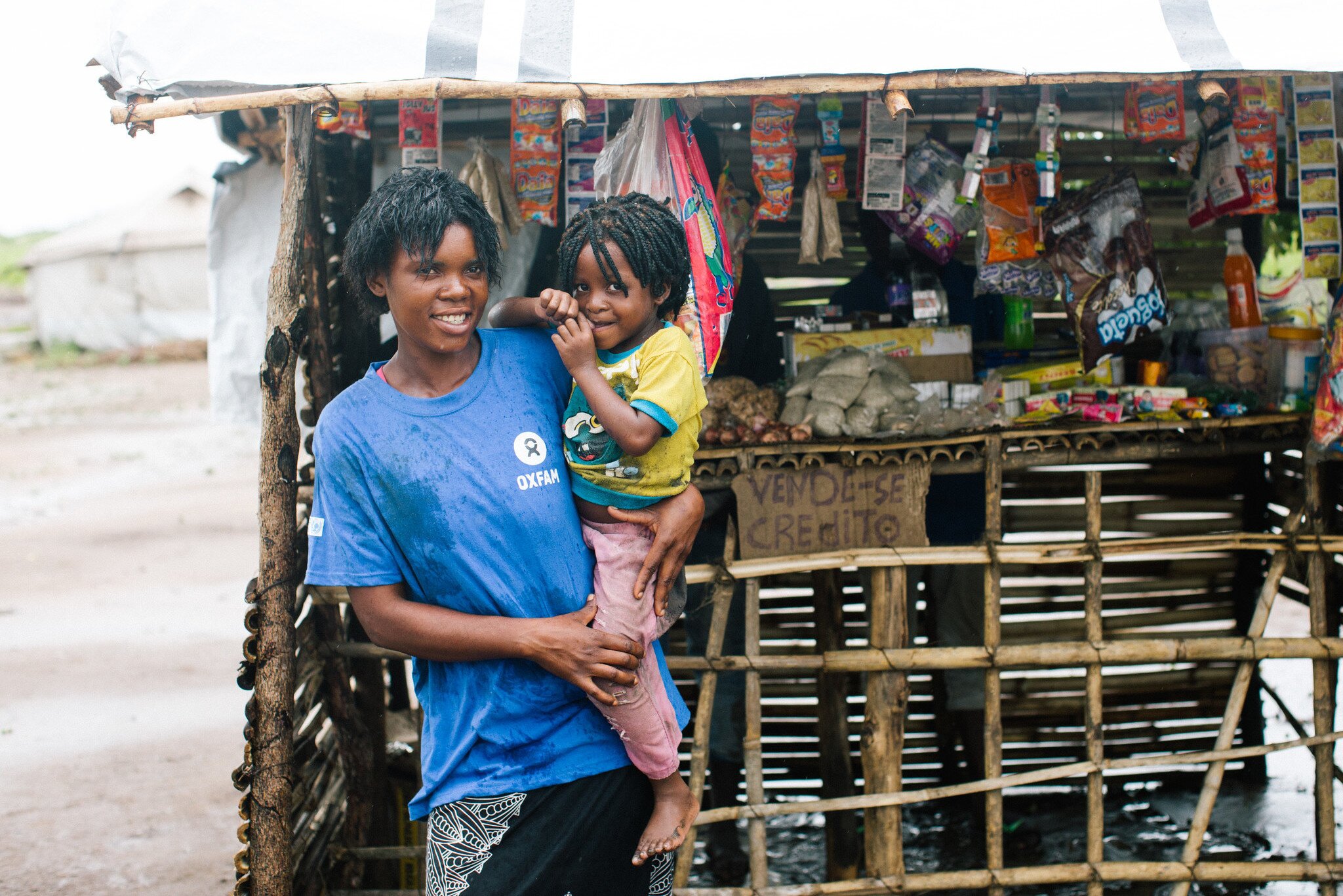
Although international development organisations like Oxfam have been working hard with people who have experienced the cyclones in Southern Africa, tens of thousands of people in Mozambique, Zimbabwe and Malawi are still struggling to recover. According to Oxfam’s statistics, over 100,000 people in Mozambique and Zimbabwe are still living in destroyed or damaged homes and makeshift shelters, while critical infrastructure including roads, water supplies, and schools have yet to be repaired. Their road to recovery is blocked by an endless cycle of intensifying floods, droughts and storms, ingrained poverty and inequality, and a lack of support to help them adapt to a changing climate or to prepare for and recover from disaster. That is why we will continue to provide assistance to survivors and affected communities together with our local partners.
Extreme weather makes the poor even poorer
Mozambique does not really contribute to global warming, but it is at the forefront of the victims of global warming.
Secretary General, António Guterres, visiting the affected communities in Mozambique in July 2019
Zimbabwe, Malawi and Mozambique are among the least developed countries in the world. They rank 150th, 172nd and 180th respectively in the latest Human Development Index of the UN, indicating poor development in various aspects, including economic development, infrastructure, education, healthcare, etc. While Cyclone Idai made headlines around the globe, it was just one in a cycle of increasingly frequent and severe weather events to have hit the region in recent years. The region has experienced several severe droughts and floods in the space of 10 years, causing nearly 9.7 million people across the three countries to remain in desperate need of food aid. And with every new shock, people’s capacity to withstand and recover diminishes.
However, the largest source of greenhouse gas emissions from human activities is from burning fossil fuels for electricity generation, travelling by car, ship and plane, etc.; hence, poor communities around the world are the least responsible for emissions. According to Oxfam’s report, per capita emissions of the average Mozambique citizen are over 50 times lower than the average person in the US, but repeated cyclones in Mozambique have caused US$3.2 billion worth of loss and damage – equivalent to 22 per cent of the country’s GDP or approximately 50 per cent of its national budget. Climate change hits poor people first and worst. It is a climate crisis that deepens poverty and exacerbates injustice.
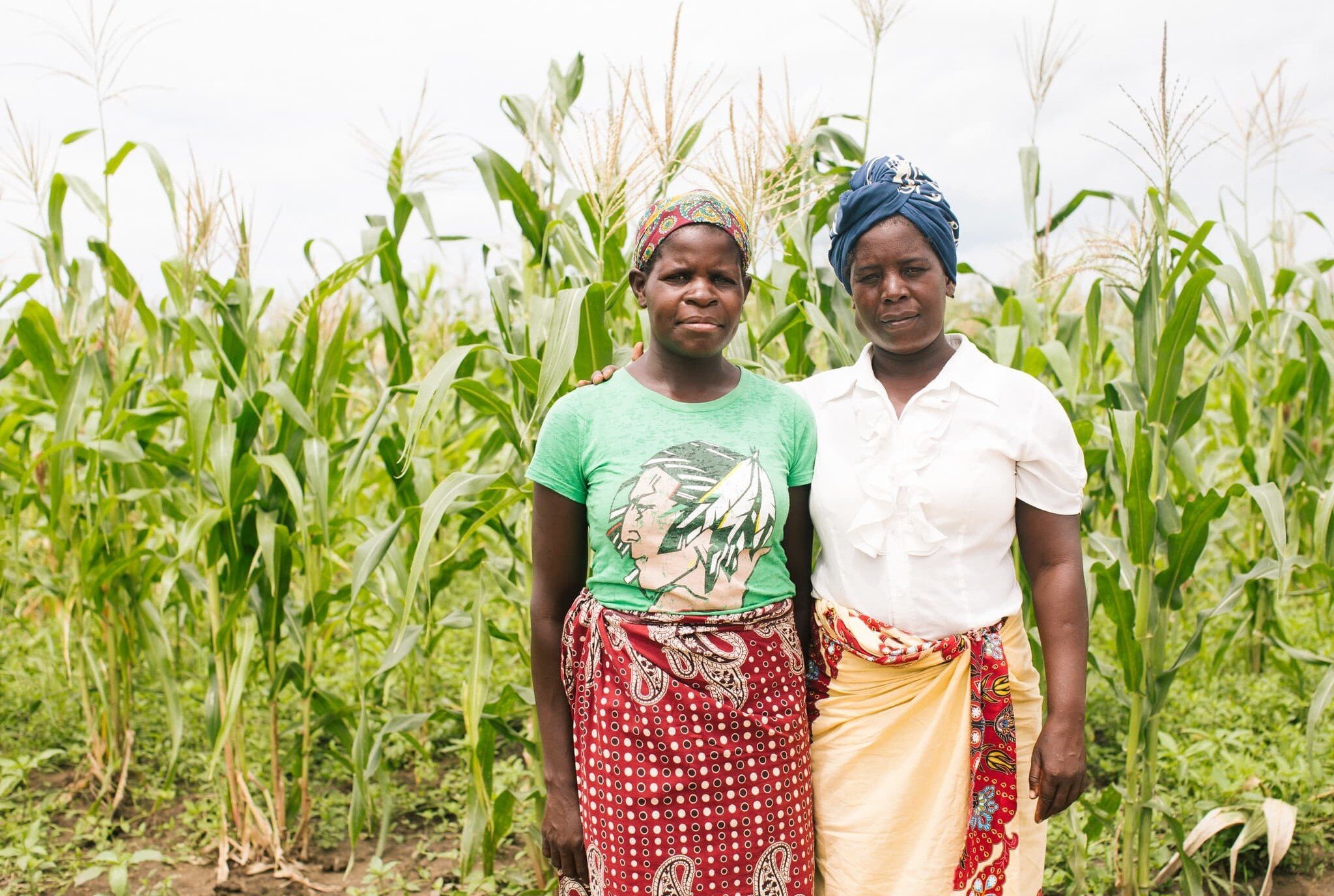
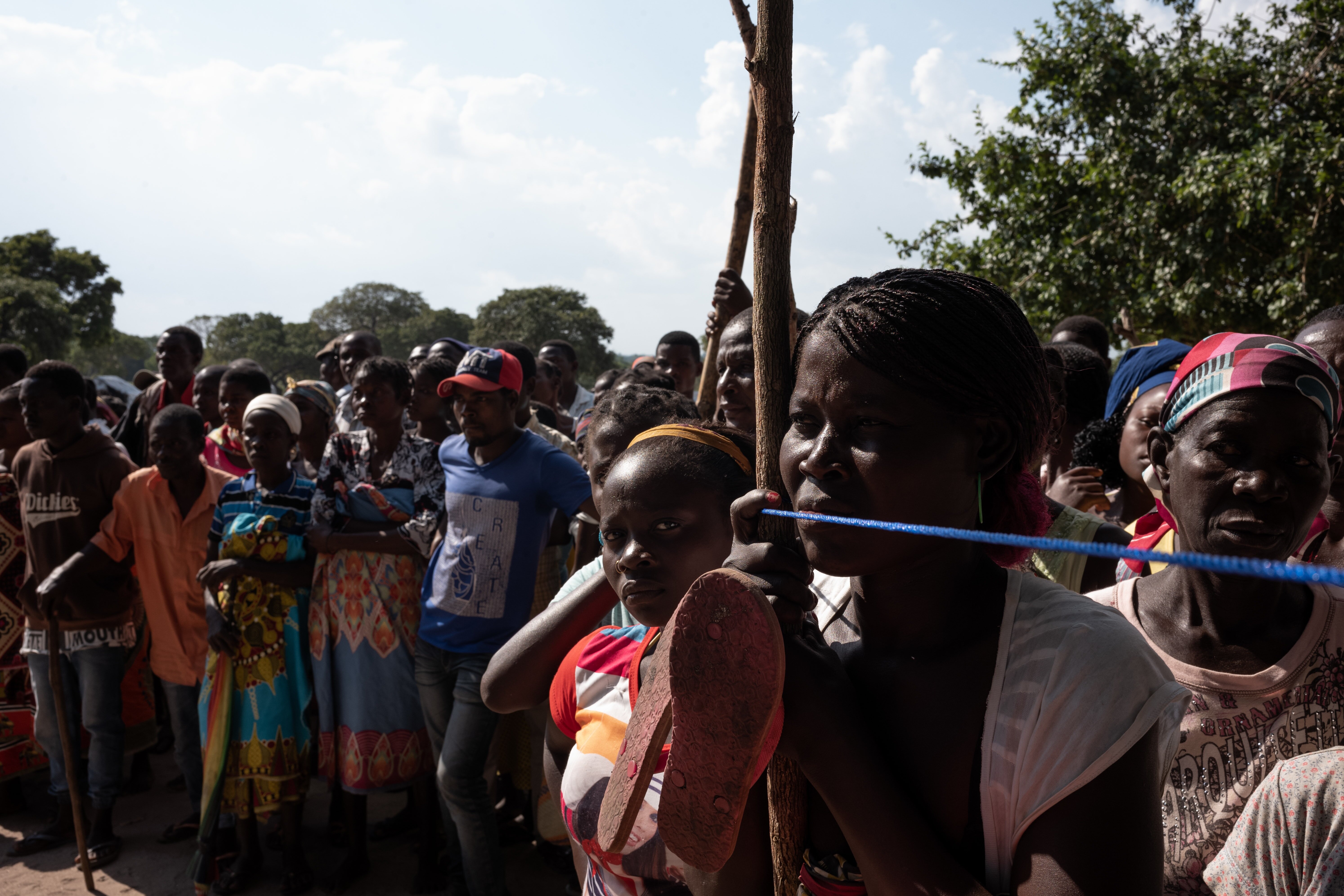
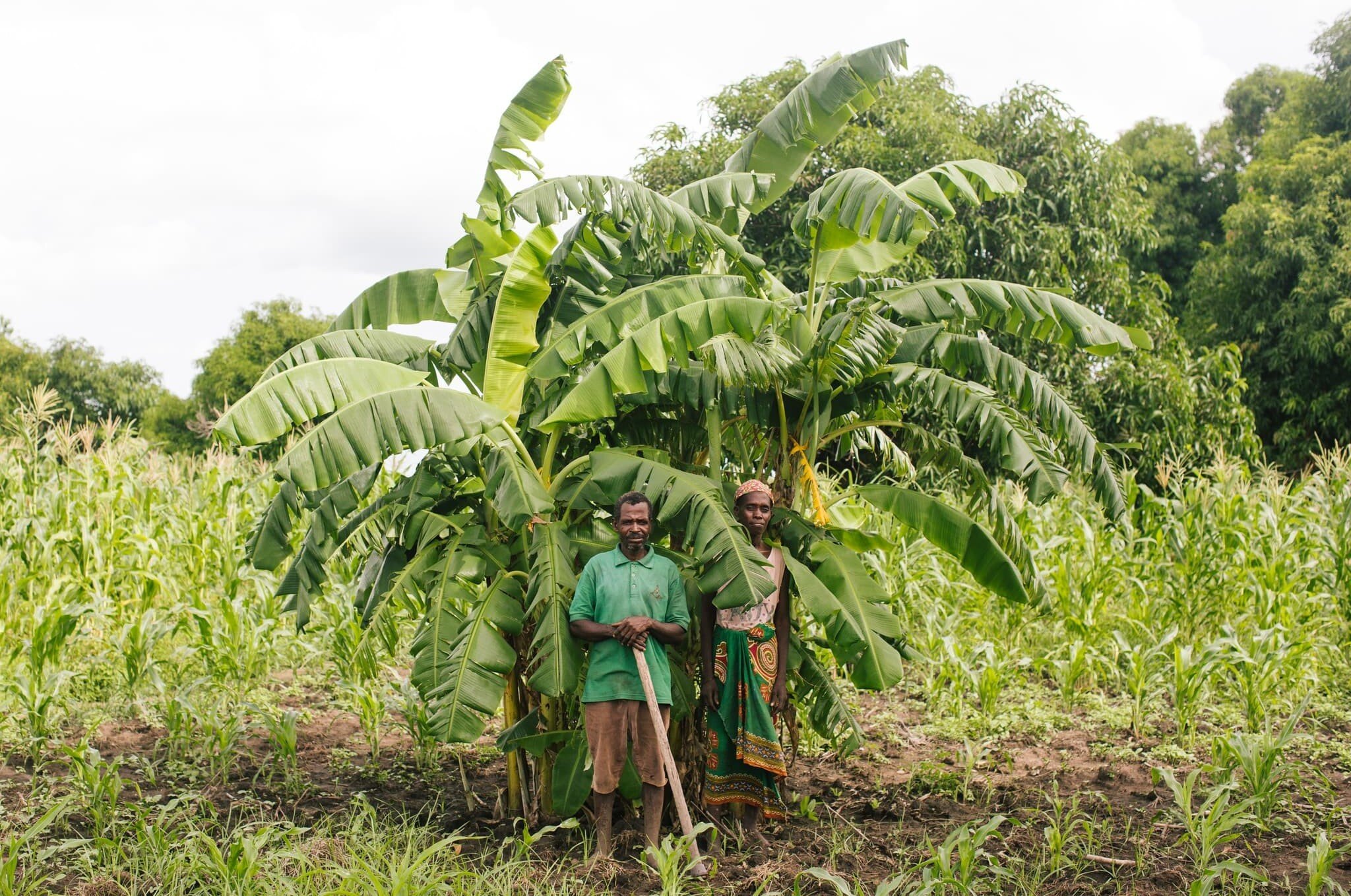
Oxfam urges rich polluting countries to help poor countries recover from repeated climate shocks
A new Oxfam briefing, ‘After the Storm’, highlights that a slow and patchy international humanitarian response has hampered recovery. As of 28 February 2020, just US$193.4 million – 43 per cent – of the US$450.2 million sought by the UN to provide humanitarian assistance to communities in Zimbabwe and Mozmabique affected by Cyclones Idai and Kenneth had been secured. While the funding for recovery looks significant, it is just a fraction of the US$5.2 trillion the international community spent on subsidies for the fossil fuel industry in 2017 (which included the costs of climate damage which society has to pay for, such as healthcare costs related to air pollution and forgone income where fossil fuel income is not properly taxed) – and a long way from what is needed to ensure that poor communities in these countries to withstand increasingly frequent and severe climate shocks. As a result, Mozambique – the world’s sixth poorest country – were forced to take on additional debt with a US$118 million loan (albeit interest free) from the International Monetary Fund to begin the rebuilding process.
learn more about oxfam's work on promoting climate and food justice

